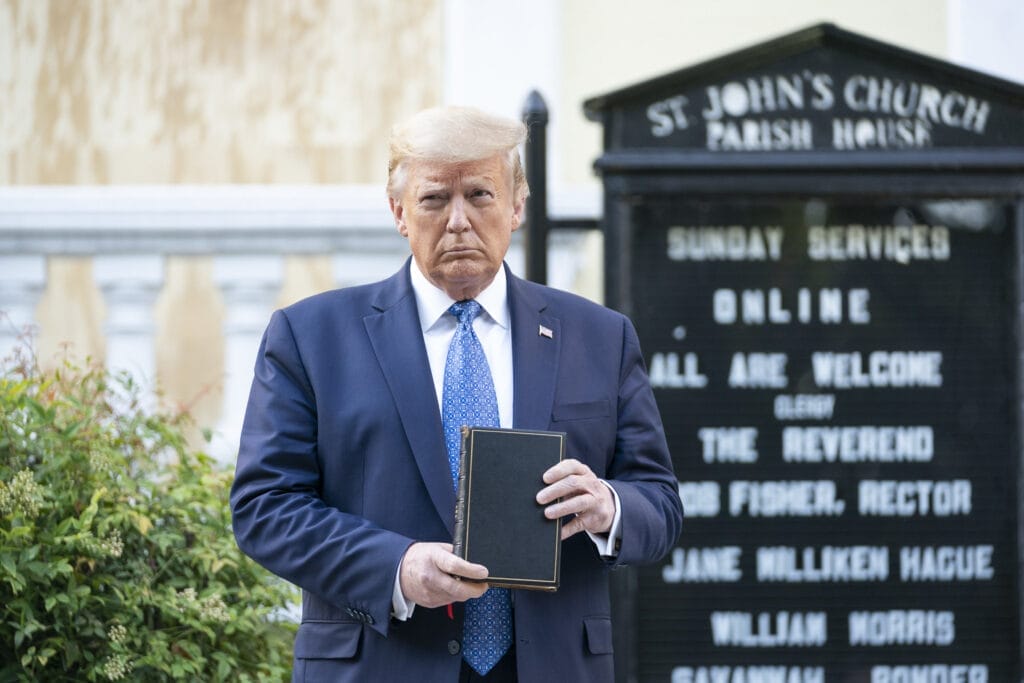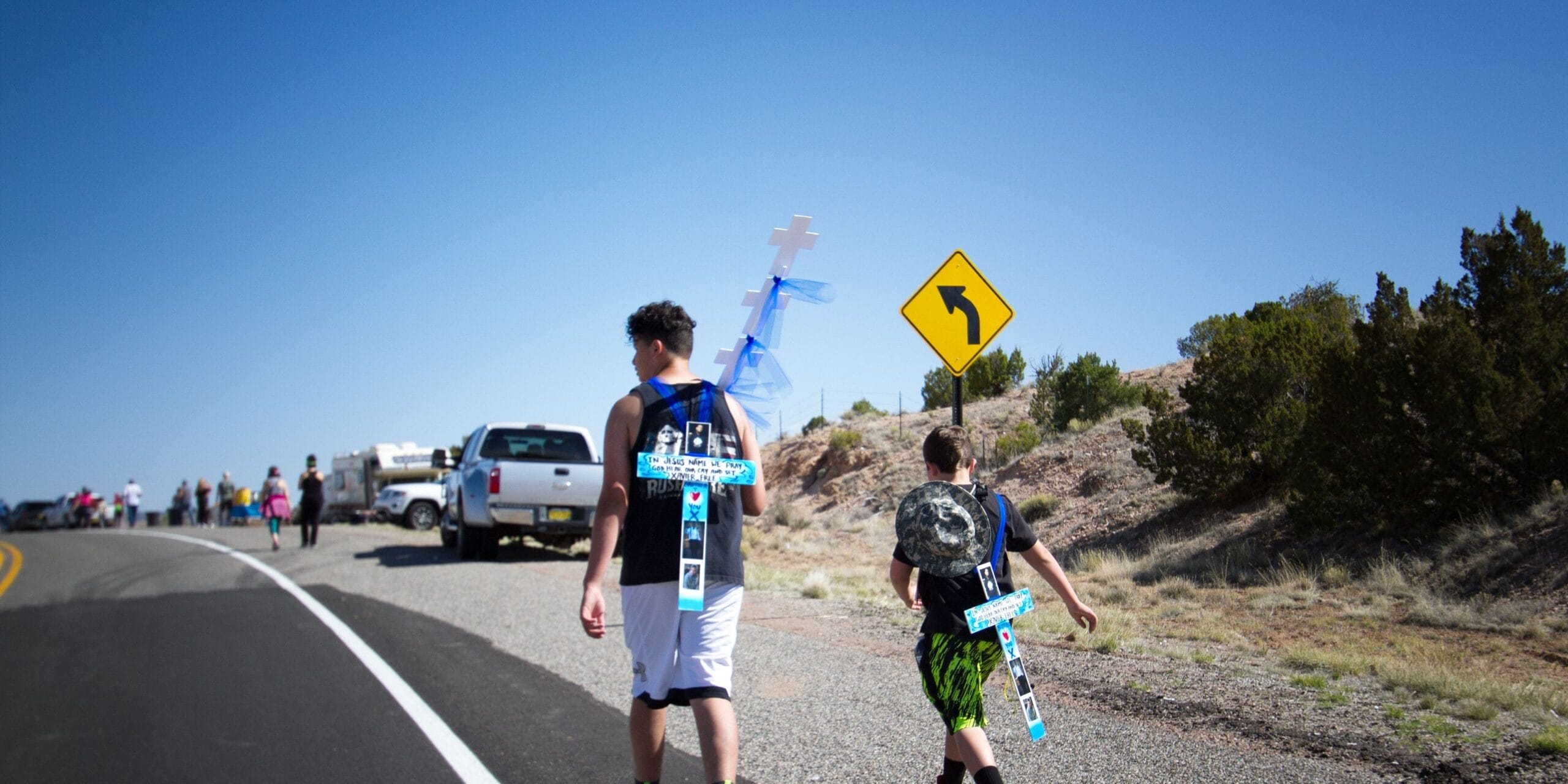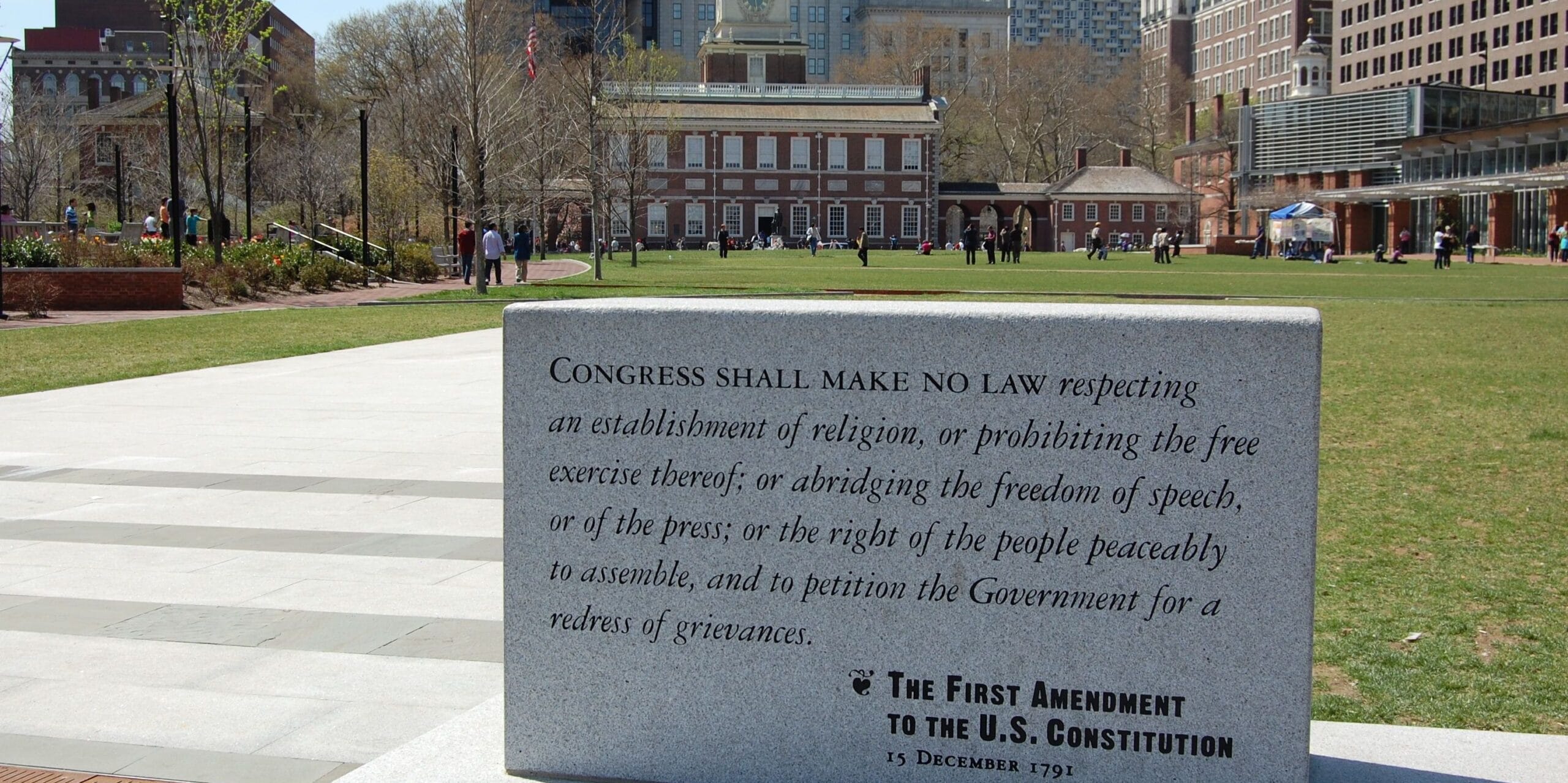Trump can help — but states must lead on religious liberty

The old adage “make hay while the sun is shining” applies particularly well to protecting religious liberty in our current moment. For people of faith, the sun is shining. Recently, the Supreme Court has made significant rulings expanding religious liberty in favor of Catholic Charities Bureau v. Wisconsin and in favor of parents with religious objections to school content in Mahmoud v. Taylor. And with Trump’s election, we have seen renewed interest in and defense of religious liberty, with President Trump forming the Religious Liberty Commission and the White House Faith Office.
Religious liberty is an important natural, political and human right. The American Founders knew that religious belief has been a central part of the human experience for millennia. They believed that living by one’s conscience and according to one’s convictions were important for pursuing happiness. They also thought that wide toleration of religious pluralism, within broad bounds, was most appropriate and consistent with a free, self-governing society. They saw religion and morality as a bulwark against despotism and social disintegration.
“When Americans think about religious liberty, we naturally turn to the First Amendment and related federal legislation. But there are many ways states can protect, or decline to protect, what many founders called ‘the sacred right of conscience.’” So we say in a study we manage for the Center for Religion, Culture & Democracy and the First Liberty Institute. Religious Liberty in the States considers 47 distinct state-level religious liberty protections. Some states, like Florida and Montana, do far better than other states like California and Nebraska.
Despite significant national political victories, there are clouds on the horizon in some states. If you live in a blue state like Colorado (as one of us does), religious liberty does not feel particularly protected. The state legislature has passed extensive abortion and LGBTQ legislation, and it has threatened to intrude dramatically on parents’ rights to educate their children according to their religious convictions.
Not surprisingly, Colorado scores poorly on the Religious Liberty in the States index. This year, Colorado ranked 34th and had a score of 34%. Yet only two decades ago, Colorado was a red state with a major concentration of international Christian organizations in Colorado Springs.
But Republicans didn’t pass religious liberty protections when they had the chance. After all, why bother when a huge proportion of the population were Christians and faced relatively little opposition to living out their faith? The sun was shining.
Until it wasn’t.
Now Colorado feels deeply hostile to religious expression and belief. This should serve as a cautionary tale for other red states with limited religious liberty protections like West Virginia, Wyoming, and Nebraska. The sun may not always shine and so they should prioritize actively enshrining religious liberty protections into law.

But what should be done about states like Colorado that don’t do much to protect religious liberty, or rather allow significant opposition and limitations on religious liberty? It is tempting to want the federal government, whether Congress, the President or the Supreme Court, to step in — especially now that Trump is back in the White House. Certainly federal protection of religious liberty is quite welcome. But federal protections can be fragile. How much benefit can executive orders do when a new president can undo them? And although Congress passed the Defense of Marriage Act, the Supreme Court declared it unconstitutional in 2013.
Another problem with looking to the federal government to protect religious liberty is that it moves slowly and can often be compromised by strong lobby organizations. As religiosity in the United States declines, challenges and threats to religious liberty will continue to multiply. Our index grows in scope every year as we discover new ways that states try to protect people of faith living out their convictions.
Just this year, for example, we added protections for people of faith being “debanked” over their beliefs. We also added state protection of religious people being able to participate in foster care without having to affirm “gender identity” against their conscience. Ten years ago, these were not significant problems for people of faith. Now they are.
Protecting religious liberty at the state level is the most versatile way to deal with ever evolving threats. It also allows for the experimentation and the variety of policy regimes the founders championed under federalism. State legislation can better tackle local abrogations of religious liberty by cities and counties. They can also provide needed support for people of faith working in hostile or highly regulated industries like medicine and education.
Florida is an exemplar of how state legislators can improve their state’s protection of religious liberty.
Legislators have an opportunity, especially during the Trump years, to make significant strides advancing religious liberty in their state. Not only do they have a favorable federal context where they may receive support and resources, rather than hostile lawsuits, for their initiatives, they also have a federal administration that is drawing the lion’s share of vitriol and opposition from groups that don’t believe religious liberty is important and who would like to see it curtailed by secular progressive ideology.
Florida is an exemplar of how state legislators can improve their state’s protection of religious liberty. When we began the project in 2022 , Florida protected a respectable 58% of the 11 safeguards we considered and was ranked sixth in the nation. Today, it protects 75% of the 20 safeguards we consider and ranks first. Most of its improvement derived from legislation strengthening its medical conscience protections in 2023 and legislation protecting houses of worship from discriminatory treatment during pandemics and other emergencies in 2022.
Our index provides links to existing state legislation across a wide scope of religious liberty protections that policymakers can look at for ideas. The clouds are out there, but the sun is shining on religious liberty today. So let’s hope policymakers will make some hay!
Paul Mueller is a senior research fellow at the American Institute for Economic Research, as well as a research fellow and associate director of the Religious Liberty in the States project at the Center for Religion, Culture, and Democracy.
Mark David Hall is a Professor in Regent University’s Robertson School of Government and Director of Religious Liberty in the States.




